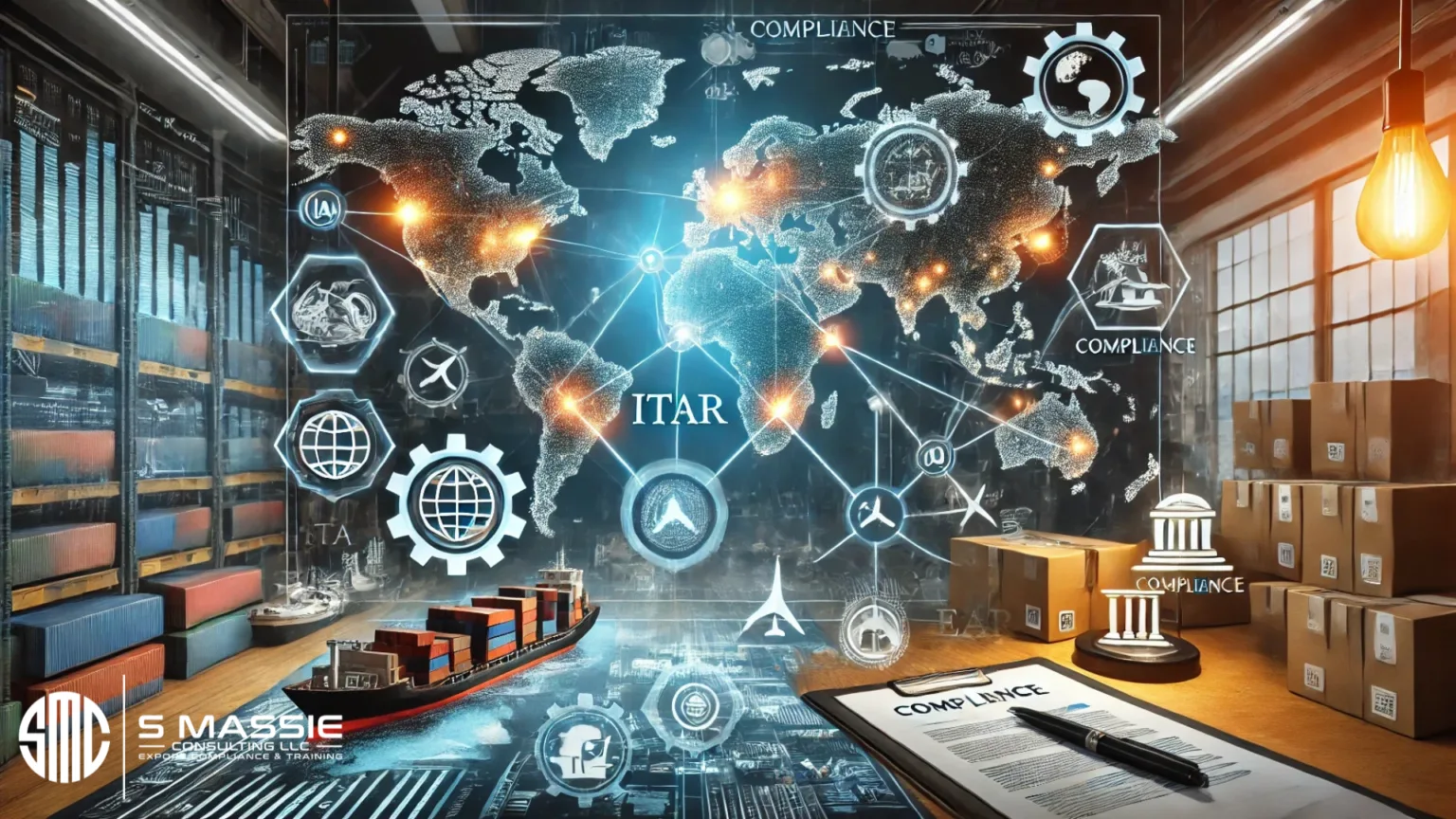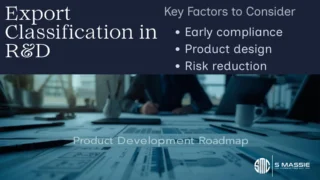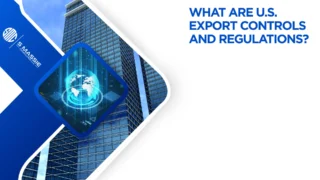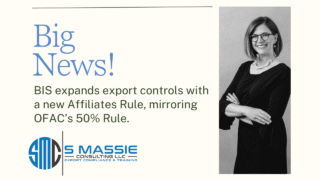At S Massie Consulting LLC, led by the visionary Sarah Massie, we understand how crucial it is for companies to navigate these complexities effectively.
Sarah Massie, recently recognized by Global Trade Magazine as one of the 20 Women Who Are Innovating Logistics and Supply Chain, has become a leading voice in the field. “Export compliance isn’t just about following rules; it’s about safeguarding your business and ensuring long-term success in an ever-changing global market,” Massie explains. Her insights emphasize how a proactive approach to compliance can help businesses stay ahead.
The Increasing Importance of Export Compliance
Export compliance involves adhering to regulations like the International Traffic in Arms Regulations (ITAR) and the Export Administration Regulations (EAR), which govern the export of goods, technology, and services. These rules ensure that sensitive technologies don’t fall into the wrong hands, protect national security, and maintain global trade standards. However, these regulations are not static. They evolve in response to geopolitical tensions, technological advancements, and shifts in national priorities.
In the United States, enforcement of export compliance has intensified. Companies are facing heightened scrutiny from regulatory bodies such as the Bureau of Industry and Security (BIS) and the Office of Foreign Assets Control (OFAC). Violations can result in hefty fines, reputational damage, and even criminal charges. As a result, businesses must prioritize compliance to avoid disruptions and maintain their competitive edge.
Adapting Supply Chains to Regulatory Changes
A flexible supply chain is essential for responding to new export compliance requirements. Changes in regulations can arise due to:
- Tariffs and Trade Wars: These can alter the cost structure of goods, making some markets less viable or encouraging shifts in sourcing and production.
- Geopolitical Conflicts: War or political unrest can lead to new sanctions, embargoes, or restrictions on trade with certain regions.
- Protection of Critical Technologies: The U.S. government is increasingly identifying items as critical technologies, subjecting them to tighter export controls. This impacts industries such as aerospace, manufacturing, and semiconductors.
- Emerging Regulations: As the global economy evolves, new compliance standards may be introduced, necessitating rapid adjustments in supply chain strategies.
These factors underscore the importance of having robust compliance programs and contingency plans. Businesses must invest in training, well-defined processes, and partnerships to ensure they can pivot quickly when new regulations come into effect.
Why Choose S Massie Consulting?
At S Massie Consulting LLC, we advocate for a proactive approach to export compliance. This involves not only meeting current requirements but also anticipating future risks. Here are some steps companies can take:
- Conduct Regular Audits: Identify vulnerabilities in your supply chain and address them before they become compliance issues.
- Invest in a Written Export Compliance Program: Establish a comprehensive written program to outline policies, procedures, and responsibilities for ensuring adherence to export regulations. A clear program serves as a foundation for compliance and helps address regulatory changes effectively.
- Stay Informed: Engage with industry experts and stay updated on global trade trends and policy shifts.
- Collaborate Strategically: Partner with consulting firms like S Massie Consulting to develop customized compliance programs and strategies.
With extensive expertise in ITAR, EAR, and other export compliance regulations, and a deep understanding of supply chain dynamics, S Massie Consulting LLC is uniquely positioned to help businesses navigate these challenges. Sarah Massie’s recognition as a trailblazer in the industry underscores her commitment to driving innovation and excellence in this critical field.
Final Thoughts
The global trade landscape is becoming increasingly complex, but with the right approach to export compliance, businesses can turn challenges into opportunities. By prioritizing flexibility, staying informed, and leveraging expert guidance, companies can build resilient supply chains that thrive in the face of uncertainty.
For more information on how S Massie Consulting LLC can support your business, review this Insight: Reinforced Export Compliance: Insights from Industry Leaders, and contact us today.
If you have more questions about EAR vs. ITAR, refer to this Insight: Navigating Export Regulations: Understanding the Key Differences Between ITAR and EAR.
Contact us to schedule a consultation or compliance review.






